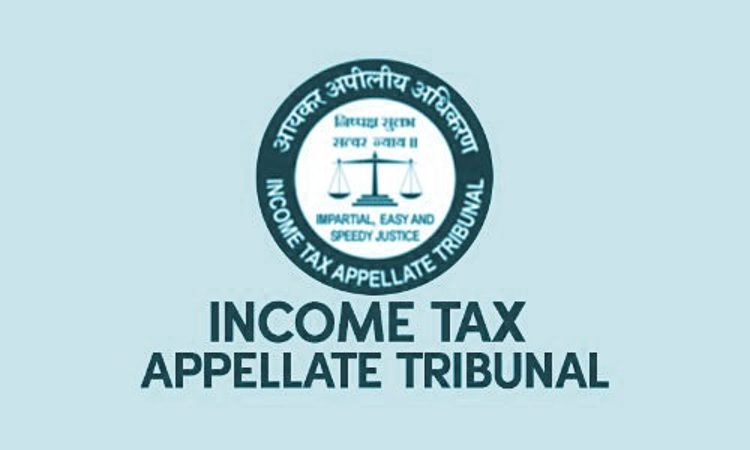The Kolkata Bench of the Income Tax Appellate Tribunal (ITAT) has held that the Indian Chamber of Commerce (ICC) is entitled to claim exemption in respect of its entire receipts.The bench of Rajesh Kumar (Accountant Member) has observed that the ICC is not carrying on any activity of holding meetings, seminars, and conferences for business purposes but only to support its main object, and...

